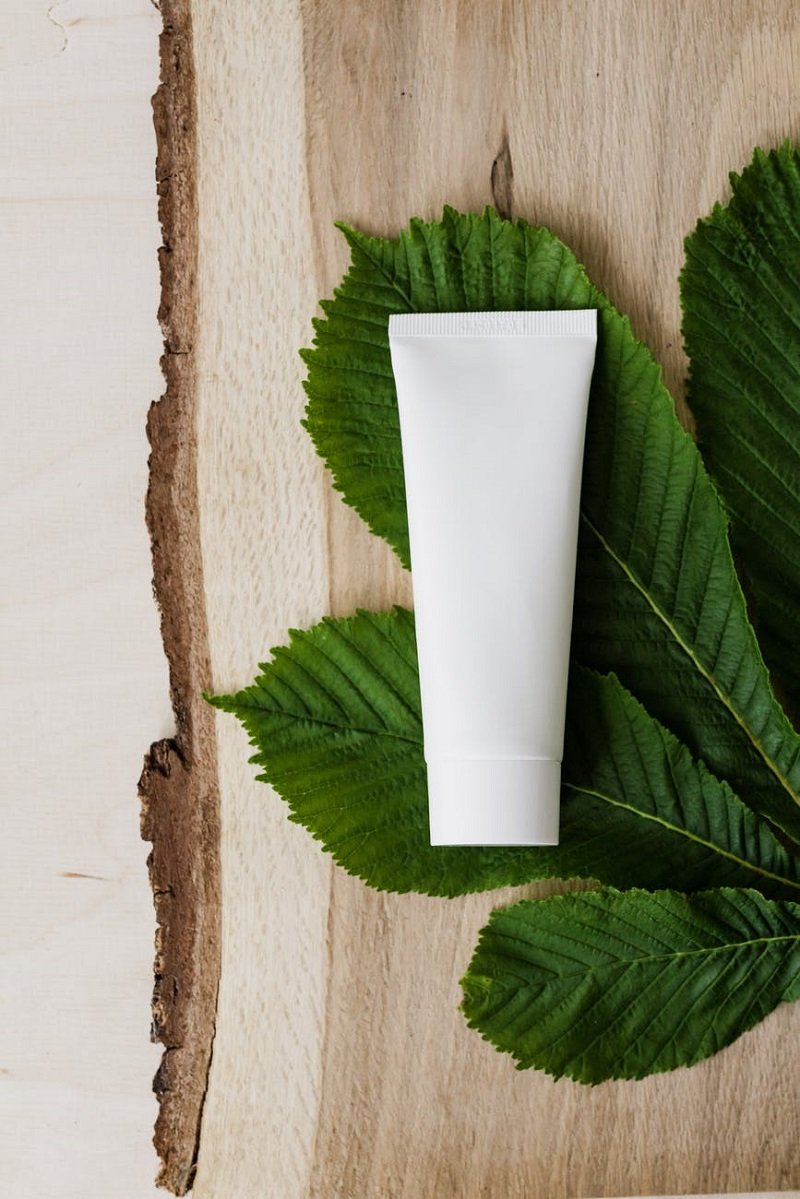For millions of people, dentures provide a way to restore smiles, chewing ability, and overall confidence after tooth loss. But when dentures break, crack, or no longer fit properly, they can quickly turn from a helpful solution into a painful problem. Fortunately, modern dentistry offers several types of denture repair to restore comfort, functionality, and durability without the need to replace the entire set.
This article explores the most common denture repair types, why repairs are often necessary, and how they can make a real difference in maintaining oral health and quality of life.
Why Denture Repair Is Important
Dentures are designed to withstand daily use, but over time, they may suffer from wear and tear. Everyday activities like eating, biting, or even cleaning can lead to cracks, chips, or broken clasps. Poor fit, caused by changes in the mouth and jaw over time, can also result in discomfort or sore spots.
Ignoring these problems can lead to:
-
Gum irritation and mouth sores.
-
Difficulty chewing and speaking.
-
Further damage to the dentures.
-
Jawbone strain due to misalignment.
That’s why timely denture repair is essential—not only to restore the dentures themselves but also to protect overall oral health.
Common Types of Denture Repair
Different issues call for different solutions. Below are the main types of denture repair that dental professionals recommend.
1. Denture Reline
Over time, the shape of the gums and jaw changes naturally, often causing dentures to become loose or uncomfortable. A denture reline involves resurfacing the underside of the denture base so that it better conforms to the gums.
There are three types of relines:
-
Soft Reline – Uses a soft, flexible material for added comfort, especially for sensitive gums.
-
Hard Reline – Utilizes more durable acrylic for a long-lasting fit.
-
Temporary Reline – Applied when the gums are inflamed or sore; once healing occurs, a permanent reline follows.
Relining improves comfort, prevents slippage, and helps restore stability.
2. Denture Rebasing
Sometimes, the teeth on a denture remain intact, but the base material becomes worn, cracked, or unstable. Instead of replacing the entire denture, a rebase replaces the base while preserving the existing teeth.
This denture repair type is ideal for strengthening dentures and extending their lifespan without the cost of a complete replacement.
3. Denture Adjustment
If dentures feel uncomfortable or cause sore spots, a simple adjustment may be all that’s needed. Adjustments involve reshaping or smoothing certain areas of the denture to eliminate irritation and improve fit.
This type of repair is often quick and can significantly improve daily comfort.
4. Denture Tooth Replacement
Accidents can cause individual denture teeth to break, chip, or fall out. Instead of creating an entirely new denture, dentists can replace the damaged tooth with a new one.
This repair restores function and appearance, often within a single appointment.
5. Denture Crack and Fracture Repair
Dropping dentures or biting into hard foods may cause fractures or cracks. If not repaired promptly, small cracks can spread and compromise the entire denture.
Crack repair involves bonding the broken sections together or reinforcing them with new material. This restores strength and helps prevent further damage.
6. Emergency Denture Repair
In some cases, dentures break unexpectedly, leaving patients without a functional set. Emergency denture repair services can provide quick fixes, ensuring patients don’t have to go without teeth during important events or daily activities.
Signs You Need Denture Repair
It’s important to know when to seek help. Here are key warning signs that indicate the need for professional denture repair:
-
Persistent pain or sore spots on gums.
-
Difficulty chewing or speaking.
-
Visible cracks or chips in dentures.
-
Loose dentures that shift while eating.
-
Missing or broken denture teeth.
Addressing these issues promptly prevents further discomfort and ensures the dentures last longer.
At-Home Kits vs. Professional Denture Repair
While at-home denture repair kits are available, they are only temporary solutions. These kits may provide quick fixes for minor cracks or loose teeth, but they often lack durability and can even cause more damage if used incorrectly.
Professional denture repair ensures the right materials and techniques are used, resulting in a safe, comfortable, and long-lasting fix. Dentists can also evaluate whether additional adjustments or relines are needed to improve fit and comfort.
How Denture Repair Enhances Quality of Life
Denture repair isn’t just about fixing a broken appliance—it’s about restoring quality of life. Well-repaired dentures provide:
-
Comfort – Eliminating pain or irritation from poor fit.
-
Confidence – Allowing patients to smile, speak, and eat without embarrassment.
-
Nutrition – Enabling proper chewing for a balanced diet.
-
Longevity – Extending the lifespan of dentures and protecting oral health.
By maintaining properly repaired dentures, individuals can avoid unnecessary stress and enjoy the full benefits of their dental prosthetics.
Preventing the Need for Frequent Repairs
While some wear is unavoidable, a few preventive measures can reduce the likelihood of frequent denture repairs:
-
Handle dentures carefully to avoid drops.
-
Avoid biting down on hard or sticky foods.
-
Clean dentures daily with a soft brush and mild cleanser.
-
Store dentures in water or a denture solution when not in use.
-
Schedule regular dental check-ups to monitor fit and condition.
Taking these precautions not only preserves the dentures but also helps maintain overall oral health.
Cost Considerations
The cost of denture repair depends on the type of repair required. Minor adjustments or tooth replacements may be inexpensive, while more complex repairs like rebasing can cost more. However, repairing dentures is usually far more affordable than replacing them entirely.
Investing in denture repair ensures comfort, function, and long-term value, making it a wise choice for maintaining both health and lifestyle.
Final Thoughts
Dentures don’t have to be painful, and living with damaged or uncomfortable dentures is never necessary. With the various types of denture repair available—ranging from relines and rebases to crack fixes and emergency services—patients can restore both comfort and confidence quickly.
By recognizing the signs of wear, choosing professional repair over temporary fixes, and practicing preventive care, denture wearers can enjoy healthier, more functional, and longer-lasting smiles.





